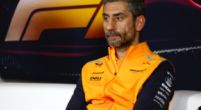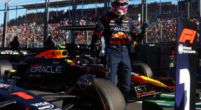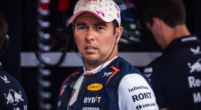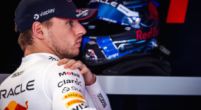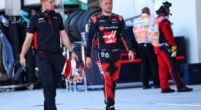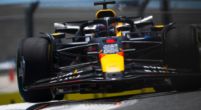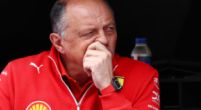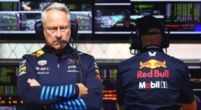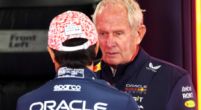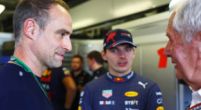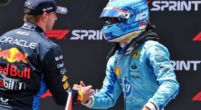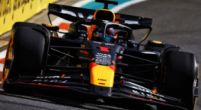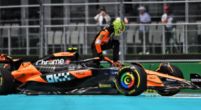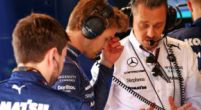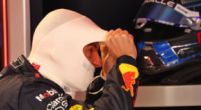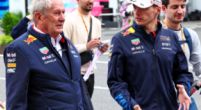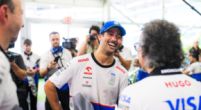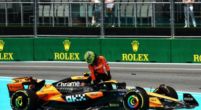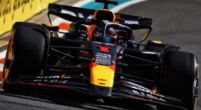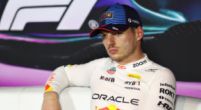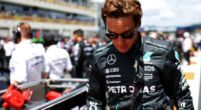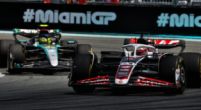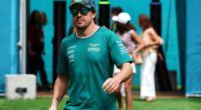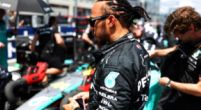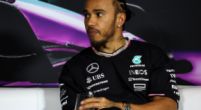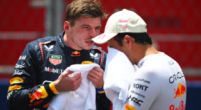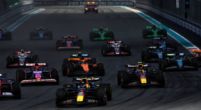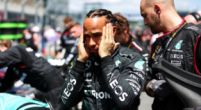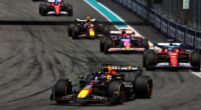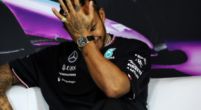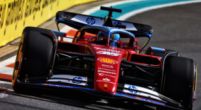Alfa Romeo F1 Team Stake
Column
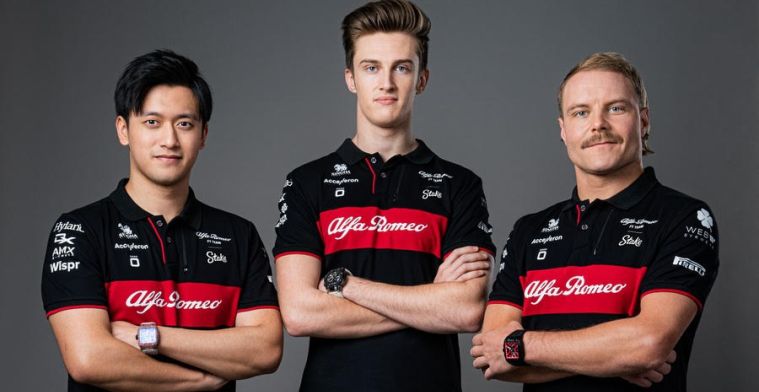
Zhou's contract extension highlights Formula 1's big problem
Theo Pourchaire will be Sauber's reserve driver in 2024. Formula 1 was so proud of its pyramid of step-up classes, but time and again, it appears to fail somewhere along the way. After Nyck de Vries, Oscar Piastri and Felipe Drugovich, the lack of a seat for Pourchaire highlights that yet again.
Why Sauber picked Zhou
Alfa Romeo revealed on Thursday morning that the Swiss team is opting for the same line-up for the 2024 Formula 1 season as in 2022 and 2023. So again Valtteri Bottas and Guanyu Zhou. This is a painful conclusion, especially considering the Alfa Romeo name disappears, and Sauber's name returns to F1. Indeed, the Sauber Academy has the (likely) F2 champion in their hands with Theo Pourchaire, but he won't even get a chance as champion.
In itself, this is a strange choice by Sauber. Why do you have a young driver academy if you don't want to make room for a talent who has successfully completed all of the steps? Pourchaire finished third in the F3 championship, second in the F2 championship and is on his way to becoming champion in F2 this year. What more does he have to prove?
Zhou has developed well in two seasons. In his first year, he barely got close to his teammate; in 2023, the Chinese driver is much closer. In 2022, Zhou lost the qualifying duel 14-7 with an average qualifying difference of 0.526s. In 2023, it is now 8-5 in the Finn's favour, and the average difference on Saturday is just 0.055s.
On Sunday, at least in terms of points, they are closer together. Where last year it was 49-6 for Bottas, it now stands 6-4 in favour of the experienced driver. Zhou does finish many races behind his teammate. In the race duel, it stands 9-4. Last year, this duel ended in 9-3.
F1 experience over talent
A nice development from the Chinese driver, but is it enough to leave your own talent on the sidelines for a year? In normal circumstances, Pourchaire will win the F2 title in Abu Dhabi and, therefore, cannot compete in that class again. In his third year of F2, he is doing what Zhou never managed to do - take the title. In his final year, Zhou finished third behind Piastri and Robert Shwartzman. So the development Zhou has made can be expected from Pourchaire too.
However, it shows the problem with Formula 1 at the moment: teams are reluctant to take a gamble with young talent. Zhou now has two years of experience, is performing reasonably consistently and is picking up some points here and there. Sauber don't dare take a risk with Pourchaire, who is bound to make mistakes as a rookie. Competing with Haas, AlphaTauri and Williams, Sauber cannot afford those potential crashes and moments of point loss. That could just mean the difference between an eighth and ninth place in the championship and the loss of tens of millions of euros in prize money.
This is also precisely why Haas chose Nico Hulkenberg and Kevin Magnussen. It's not an exciting duo, but one that Guenther Steiner knows will perform consistently. An essential weapon in the fight for the constructors' championship. However, if small teams won't give rookies a chance, who will?
Formula 1 must come up with a solution for rookies
It is now the third year in a row that the F2 champion will not get a seat in Formula 1. F1 proudly presented the 'new' motorsport ladder, where the road to F1 was paved. From F4 to F2, there were now classes to showcase your talent. However, F1 did not think about the last step.
Sure, talents can test in an F1 simulator, but testing in a real F1 car is almost impossible. As a result, F2 champions cannot adequately prepare for a debut in F1, so teams are more likely to opt for experience. That is why four of the last five F2 champions did not get a seat in F1. Nyck de Vries, Oscar Piastri, Felipe Drugovich and Theo Pourchaire all had to watch from the sidelines.
De Vries and Piastri later got another chance, but Drugovich did not. The Brazilian had his sights set on Sauber for 2024 and let go of the Formula E seat at Andretti for an opportunity at Sauber. So, that chance will not come for the Aston Martin reserve. The only F2 champion of the last five years who did get a seat is now also on the sidelines: Mick Schumacher. His chances of securing a seat for 2024 are also dwindling by the day.
The 2018 F1 champion, George Russell, is the last driver who moved straight into F2 after his title. The rest have not had a chance or are now on the sidelines. It shows an ever-growing problem within F1: more testing opportunities for young drivers must be available.
The solution to F1's problem
The solution is straightforward: young drivers need more testing opportunities in an F1 car. F1 has taken a step by requiring teams to allow a minimum of two free practice sessions in a season to be done by young drivers. It is a step, but F1 should actually push this even further because two one-hour practice sessions in an entire year are obviously nothing.
F1 should mandate that at every 'normal' race weekend, a young driver should have one seat in practice. All teams agree that three practice sessions are too many, so why not give a rookie every first practice session in a weekend? That way, you create 18 tests per team (not counting sprint race weekend) in an entire season.
That should be enough time for young drivers to get used to an F1 car and measure themselves against the regular drivers. Free testing next to the season would be ideal, but that is a lot more difficult, given the budget cap. In addition, large teams could benefit from this. More testing with your car provides insights about your car, and that is precisely what F1 wants to prevent.


